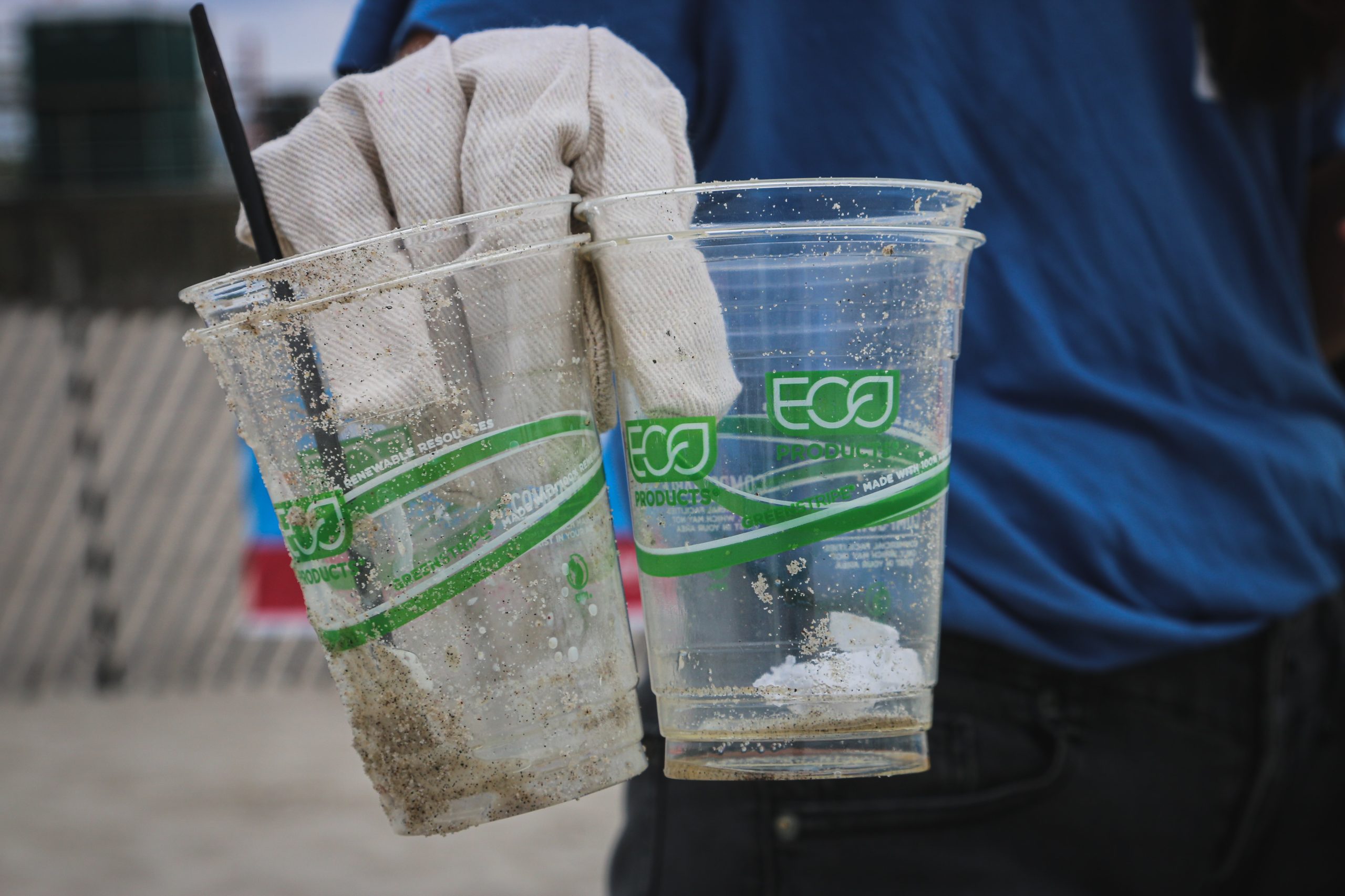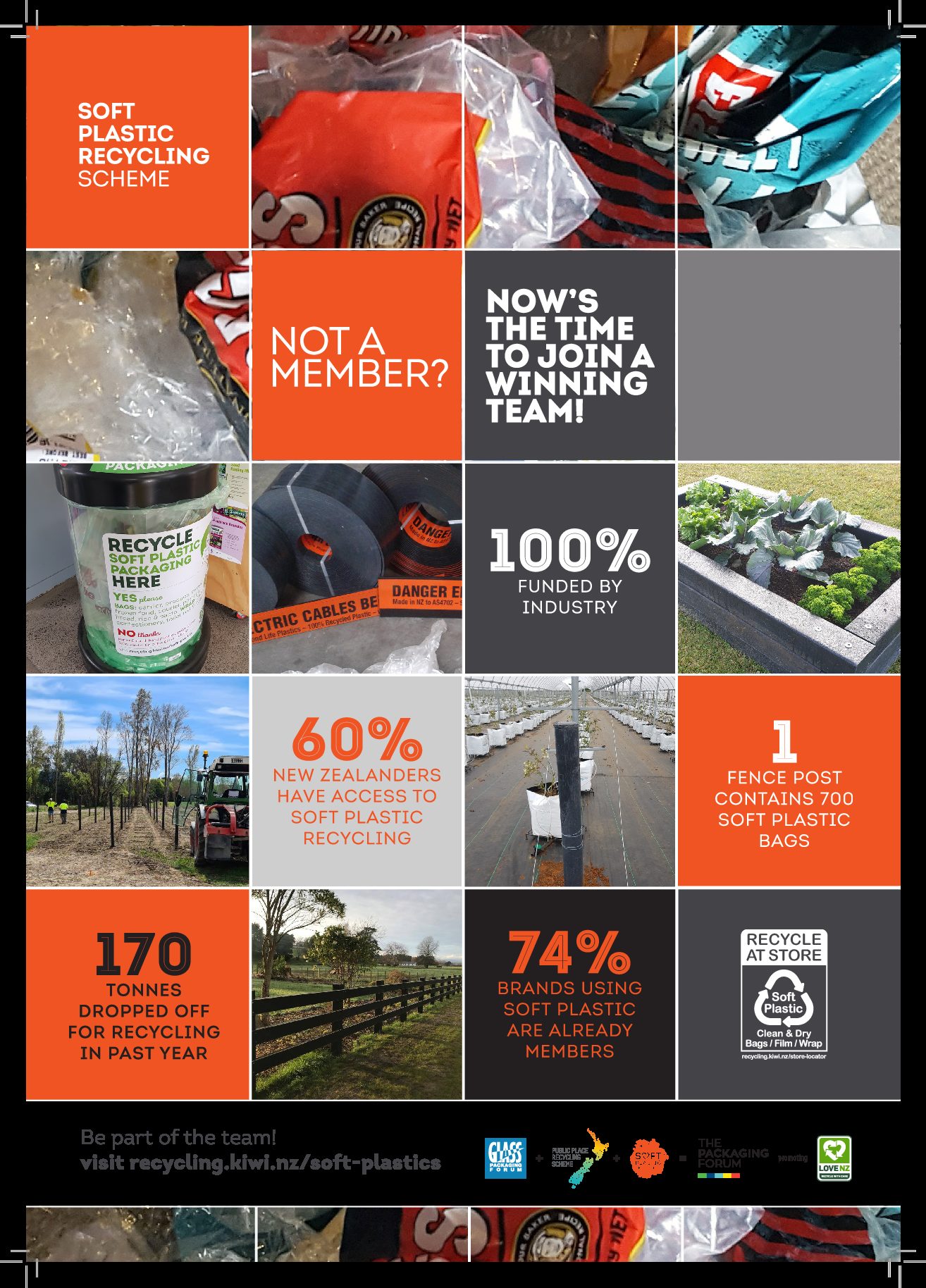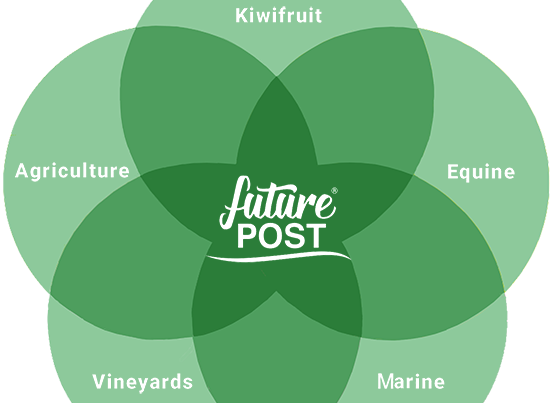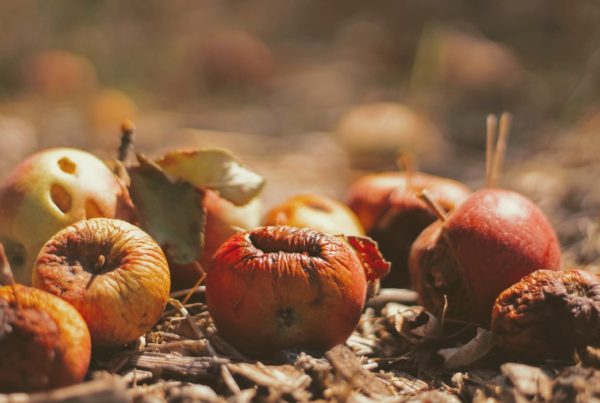
The idea of biodegradable packaging as a sustainable option might sound good in theory but this solution to our plastics problem has a dark side and brings significant issues with it.
Biodegradable and compostable as terms are often used interchangeably or are confused with each other. They are, however, quite different both in how the products degrade and the regulations that control them. The standards that regulate whether packaging or products are compostable are strict and significant but these standards are not in place for biodegradable products, which is highly problematic.
When people see the term biodegradable on packaging there is a perception that they are choosing an option that is good for the environment, assuming that the packaging will break down without impact. However, biodegradable products often take years to break down and, in some environments don’t break down at all.
More often than not, biodegradable plastic degrades into microplastics, which are so small they can’t be adequately cleaned up. These microplastics mix with the natural environment and are eaten by marine life in the oceans or other fauna on land and end up on our beaches or in our water supply. These minute plastic particles can take hundreds or thousands of years to breakdown any further and wreak havoc in the meantime.
Without the strict regulations that surround compostable products questions arise as to what can be considered biodegradable. For example, what level of degradation constitutes a biodegradable product? And without clear controls how do we know whether toxic chemicals are included in its composition which then leach into the environment as the product breaks down?
In the continued search for sustainable answers to packaging, especially plastic packaging, focusing on solutions that breakdown comes with the need to analyse and understand what is left once the product degrades.
Without strict standards in place that guide what goes into biodegradable packaging and how its disposal is handled to allow for the proper breakdown, we need to question whether it is a viable option for our current situation.
Until we can demonstrate that biodegradable packaging isn’t harming our environment, we should focus on finding ways to recycle and reuse complete plastic packaging.





